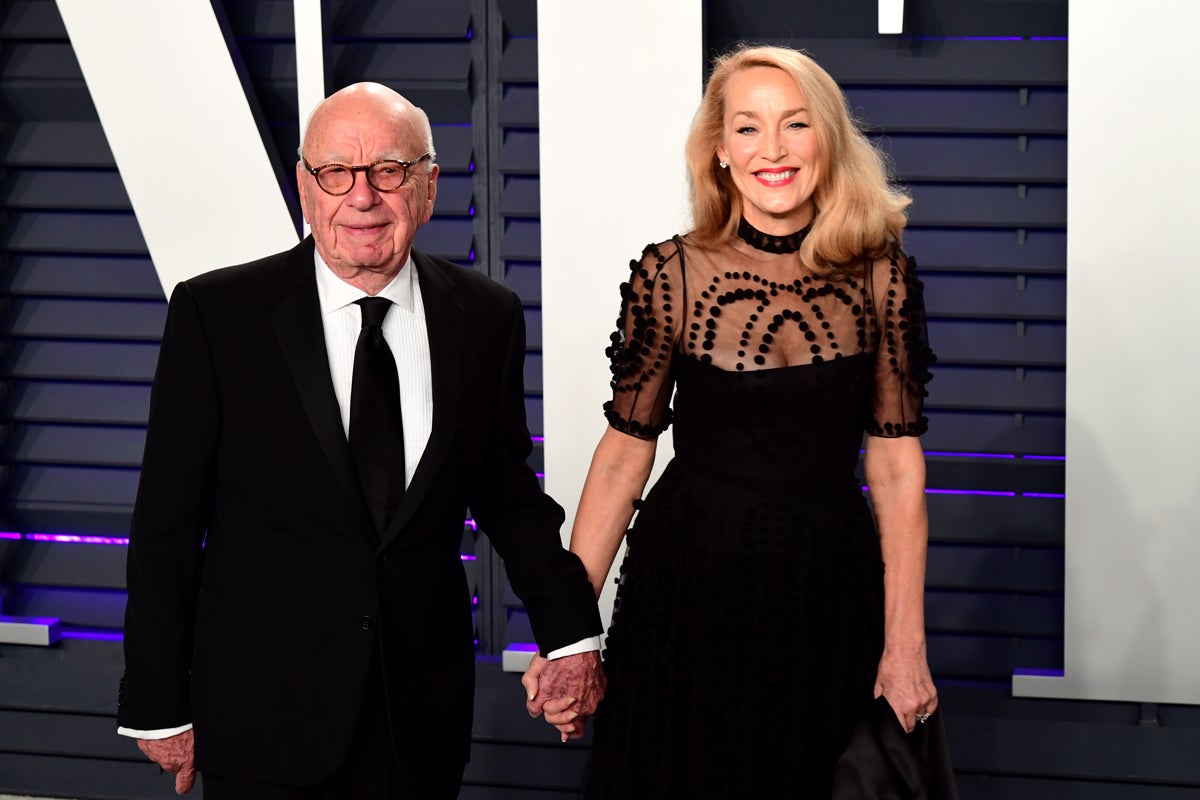The real Succession: The women that made Rupert Murdoch
In the first of a two-part series, Chris Horrie takes a look behind the curtain at the real-life battle over the media mogul’s empire

The year was 2017 and Rupert Murdoch’s empire appeared to be on the point of potential collapse. His UK operation was engulfed in the backwash of the phone hacking scandal, which meant that a $12bn bid to buy Sky TV was being blocked by British regulators. In the US a sexual abuse scandal had engulfed Fox TV.
Then at the turn of the year personal disaster struck. The 85-year-old Murdoch suffered a near fatal fall while vacationing on his yacht in the Caribbean. He was flown to a hospital in Los Angeles where he required emergency surgery on his spine, putting him at risk of paralysis or even death. Jerry Hall, his newly acquired wife, 25 years his junior, called his sometimes squabbling adult children urging them to come to Murdoch’s hospital bedside. It is an open secret that the scene was later vividly recreated in the hit HBO drama series Succession. At the same time the incident was hushed up until it was revealed by The New York Times more than a year later. Murdoch’s need to project an image of health and vitality was one reason why he had married Jerry Hall the previous year. The legend of his complete grip on the direction of his troubled and sprawling empire was vital to its stability, even to its very existence.
More than anyone else Murdoch understood both the strengths and weaknesses of family run-businesses. It had been ingrained in him by his own parents, and he had spent a lifetime exploiting weaknesses and ego clashes in the family dynasties of rival media barons in both the UK and the US to his own predatory advantage. He had acquired the very cornerstone of his empire in the 1960s by exploiting the decadence and division of the family who owned the News of the World to buy it for a song and turn it and its daily sister paper The Sun – into the financial powerhouse of his media empire for three decades, providing him with the capital for his bold moves into pay television in the UK and America.
Subscribe to Independent Premium to bookmark this article
Want to bookmark your favourite articles and stories to read or reference later? Start your Independent Premium subscription today.
Join our commenting forum
Join thought-provoking conversations, follow other Independent readers and see their replies